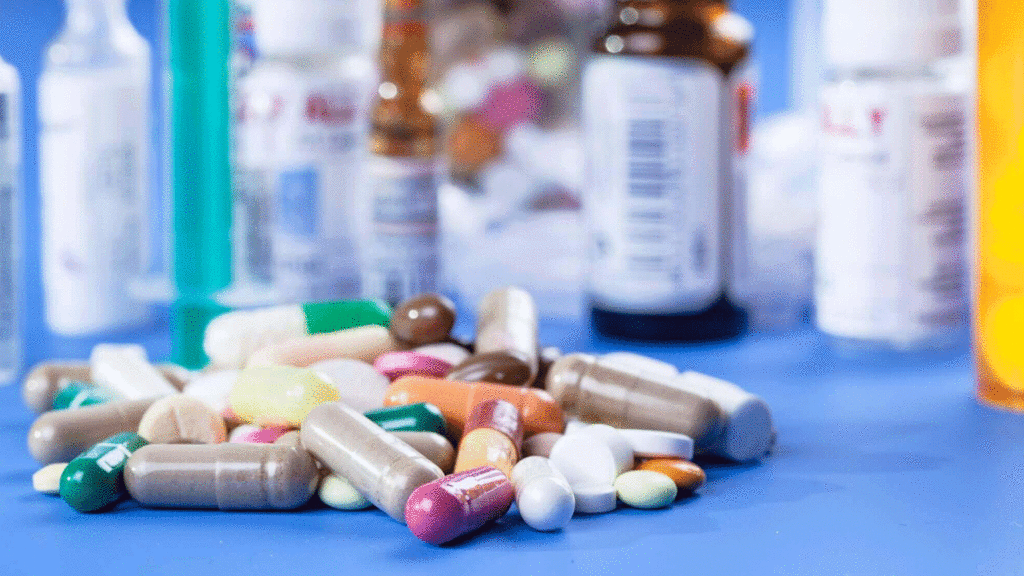PharmaVigi-Global

PharmaVigi-Global
After the worst pharmaceutical catastrophe in history (Thalidomide-Phocomelia, 1957), in 1968, during the 16th World Assembly the 16.36 resolution called for “a systematic collection of information on serious adverse drug reactions during the development and particularly after medicines have been made available for public use”. This led to the formation of the WHO Programme for International Drug Monitoring (PIDM).
WHO promotes Pharmacovigilance (PV) at country level. Initially the WHO PIDM members consisted of 10 countries. As of January 2016, 123 countries have joined the WHO PIDM, and in addition 28 associate members are awaiting full membership. Most of the West African Countries are full members of the WHO PIDM.
WHO PIDM Member States submit reports of adverse reactions associated with medicinal products, known as Individual Case Safety Reports (ICSRs) to the WHO global database, VigiBase.
VigiBase is managed and maintained by the WHO Collaborating Centre for International Drug Monitoring, known as the Uppsala Monitoring Centre. In October 2014, there were over 10 million reports of adverse reactions in VigiBase. Data in VigiBase are recorded in a structured and comprehensive way to allow the detection of potential medicinal safety hazards.
The aims of PV are to enhance patient care and patient safety in relation to the use of medicines; and to support public health programmes by providing reliable, balanced information to assess the risk-benefit profile of medicines.
In April 2015, the WHO launched VigiAccess. It is a new web application allowing anyone to access information and encourages the reporting of adverse effects from medicinal products.
Recognise Adverse Drug Reactions on the Web (WEB-RADR) is a grant-supported project under the European Union (EU) Innovative Medicines Initiative Joint Undertaking, with financial contributions from the EU and the European Federation of Pharmaceutical Industries and Associations.
WEB-RADR is working on delivering two key outcomes:
- a mobile phone app for reporting suspected adverse effects by health professionals and patients to European Union regulators;
- new technical tools for data mining of publicly-available messaging shared on social media – exploring the potential of social media as a source of intelligence about patients’ experience of medicine.
Through collaboration between the WEB-RADR project, the World Health Organisation (WHO), the WHO Collaborating Centre for International Drug Monitoring, the Uppsala Monitoring Centre (UMC), and the MHRA, a generic multi-country version of the app, the Med Safety app, is available for wider adoption. The Med Safety app has been launched in Burkina Faso, Zambia, Armenia, Ghana, Ethiopia and Botswana.
The Observational Health Data Sciences and Informatics (or OHDSI, pronounced “Odyssey”) program is a multi-stakeholder, interdisciplinary collaborative to bring out the value of health data through large-scale analytics. All solutions are open-source.
OHDSI has established an international network of researchers and observational health databases with a central coordinating centre housed at Columbia University.
The Founders of EQUIMED GROUP and the managing team are actively taking part to this wonderful project by contributing on the forum platforms and sharing the outcomes of their scientific research.

